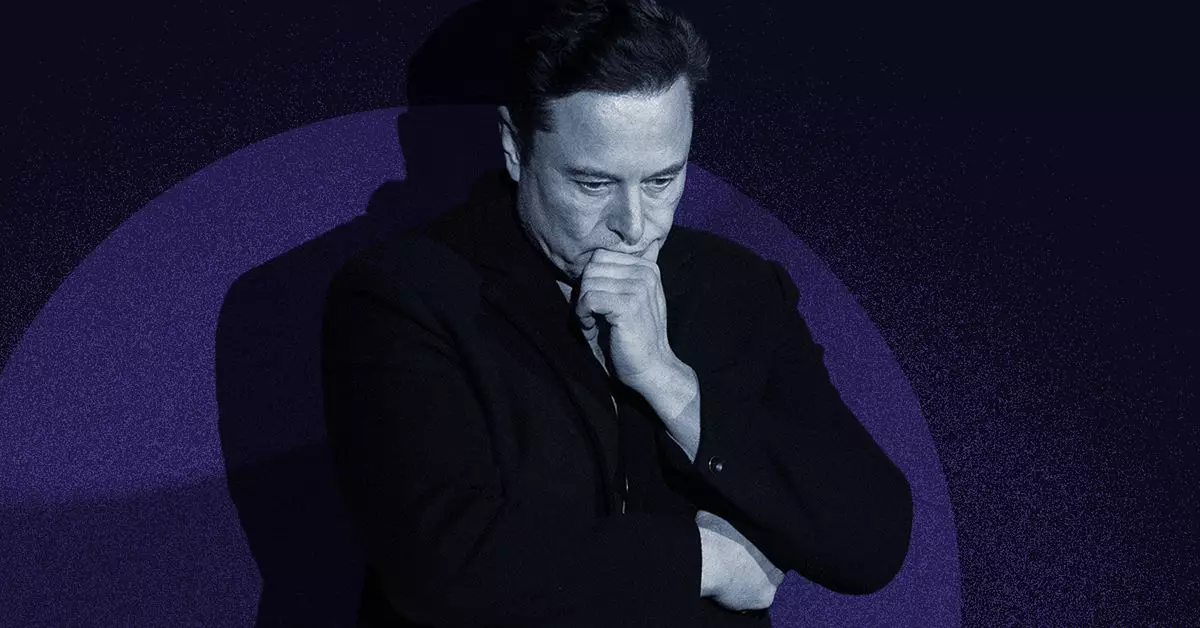Elon Musk’s expanding influence extends beyond his role in technology and entrepreneurial ventures; he has recently taken on the co-leadership of the as-yet-formed Department of Government Efficiency (DOGE) advisory group. This new position raises critical questions about the intersection of public discourse, governance, and social media behavior. With the potential to reshape government roles under the banner of efficiency, Musk’s approach immediately reflects his characteristic flair for the controversial, often overshadowed by the mechanics of constructive critique.
Musk’s strategy appears to rely heavily on public shaming of specific government workers, exemplified by his targeting of Ashley Thomas, the Director of Climate Diversification at the US International Development Finance Corporation. By spotlighting her position, Musk not only dissects job roles he deems unnecessary but incites his vast social media following to engage in this ideological tussle. The aftermath involves a deluge of memes and derogatory remarks, revealing a dark side to his approach—one that encourages harassment under the ostensible guise of “free speech.”
This type of public targeting promotes a toxic atmosphere where civil servants, who are already performing essential duties, become inadvertent subjects of social media persecution. The move is reflective of a broader trend where public figures leverage their platforms not just for dialogue, but as tools of intimidation—undermining the very public discourse they claim to foster.
Reactions to Musk’s campaigns aren’t mere anecdotes; they are indicative of a growing concern among public employees regarding job security and safety. Everett Kelley, president of the American Federation of Government Employees, articulated the gravity of the situation, labeling Musk’s engagements as attempts to instill fear within the federal workforce. The politicization and sensationalism of federal roles—driven by a figure as influential as Musk—create a precarious environment, very much at odds with democratic values.
Moreover, this aspect of Musk’s behavior reflects a pattern seen in past controversies—including his disparaging remarks about individuals like caver Vernon Unsworth and former Twitter executives. Each episode reveals a reliance on social media not as a tool for democratic engagement, but rather as a means for personal vendetta. Musk’s brand of “free speech” possesses little regard for the personal ramifications it incurs, serving more to amplify his narrative than engage in meaningful discourse.
As the DOGE initiative unfolds, the specter of such confrontational tactics looms larger. If Musk and his advisory group continue down this path, they risk deepening the divide between government efficiency and the dignity of workplace sanctity. Constructive criticism and genuine reform should pivot on dialogue that fosters improvement rather than fear.
Ultimately, the challenge lies in recalibrating how public figures utilize social media platforms. The imperative remains to nurture a discourse that values respect and progressive engagement over divisive, personal attacks. Moving forward, it is essential to advocate for a future where the public trust is preserved—where discussions around government efficiency can thrive without devolving into public harassment and fear.


Leave a Reply